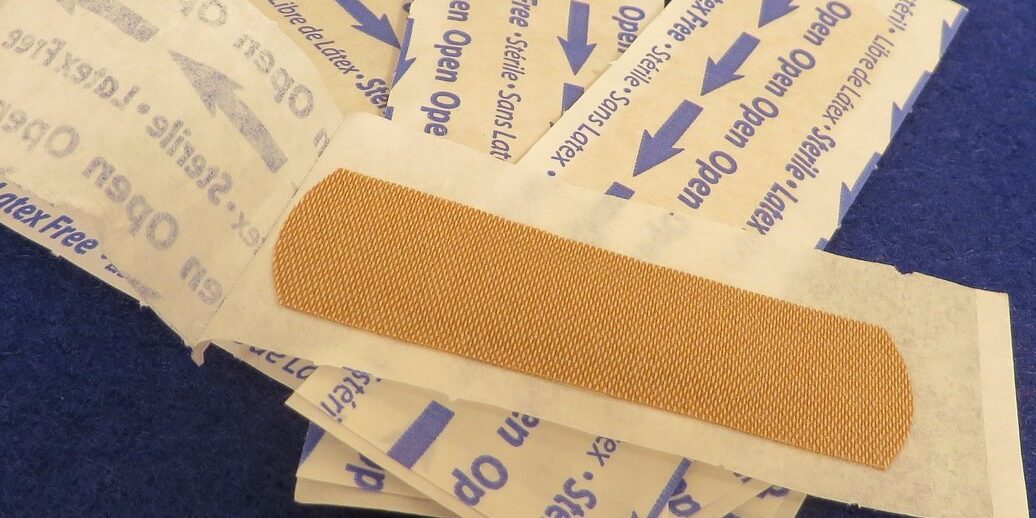Throughout history, various cultures have used some interesting things as currency at one time or another. Here are just a few:
Italy: Parmesan Cheese
East Africa: Salt (many other places have used salt as well)
Central America: Cocoa Beans
Central Asia: Tea Bricks
Russia: Squirrel Pelts (the snouts, claws, and ears were even used as change)
If our household were its own country and had to choose a form of currency, I think it would be band-aids. Band-aids carry a great deal of value in our family. Keeping them in stock at our house is a difficult task and its not usually because we have lots of boo boos. Just this week, one of my kids made a very nice note for a teacher. It contained a drawing, a poem and four (unused) band-aids stuck on randomly. And no, the poem didn’t have anything to do with bodily injury.
Band-aids are in such high demand at our house that for the last 12 to 13 years, they have been a standard item in our kids’ Christmas stockings. Yes, even the North Pole got word that we have a chronic band-aid shortage. The strategy there is that if the kids have their very own boxes, they will leave the family’s central stash for actual cuts and scrapes. This works brilliantly through about January 6th.
As foster care advocates, every environment where we operate has its own currency. Churches have their own currency, child welfare offices have theirs, and non-profits and agencies have theirs. In other words there is something that is of high value in each of these places and if you understand what it is, you will have a much easier time navigating.
Here are just a couple of examples:
- Churches – Life change and community impact through relationship with God and His word are often the primary currency here. However, foster care advocates often approach church leaders with big needs and lots of passion but no actionable plan that specifically involves the children and families in the community where the church exists.
- Public Child Welfare Offices – Among other things, the currency of biological family reunification is of very high value here. If you gain a reputation (fairly or unfairly) as someone only interested in removing kids from families and placing them in new ones, you may have a very difficult time gaining trust.
Just like you wouldn’t expect to be able to navigate a trip to China with a pocketful of Pesos, you also shouldn’t expect to successfully navigate the various spheres of foster care advocacy without knowing the highest values of those with whom you interact. In any given context, you need to know the currency of preference.
Here are a few things for you and your team to do/consider:
- Take 2 minutes to brainstorm the various “cultural contexts” you operate within (churches, child welfare, bio families, state government, etc).
- For each one of these contexts, discuss what you believe are the principles of highest value in those places.
- What would you need to change about your messaging and practice to better navigate within each of those contexts?

